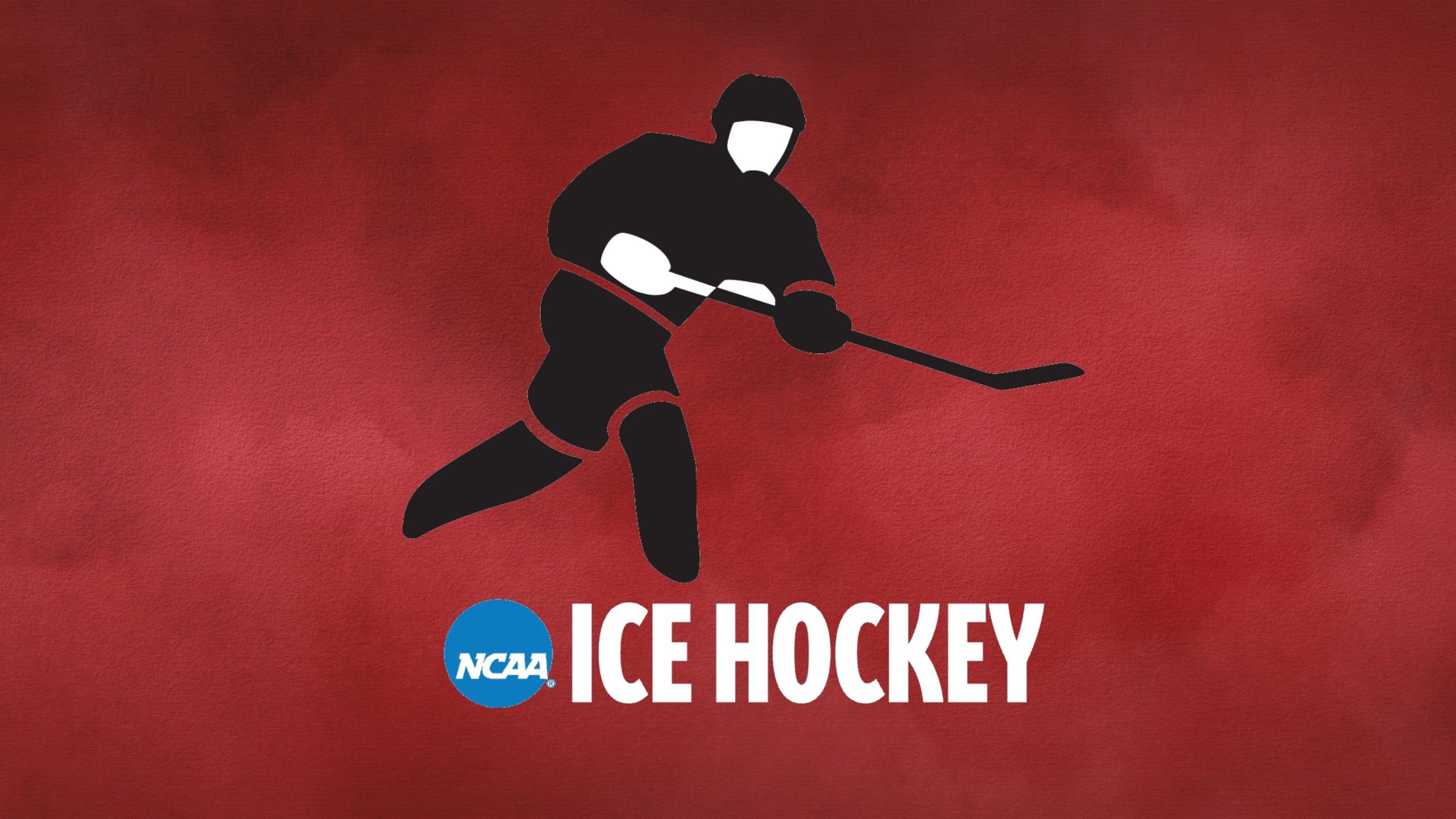Council votes to allow CHL players to be eligible to play NCAA hockey

A landmark decision has been made that will change the landscape of hockey development.
On Thursday, the NCAA Division I voted to adopt a rule change in men’s ice hockey that would allow involvement with pro teams prior to college enrollment. This means that players competing in the Canadian Hockey League will be eligible to participate in NCAA D-I hockey.
The new rule will go into effect on Aug. 1, 2025. The decision will not become official until the end of the council’s meeting.
DI Council adopts rules change in men’s ice hockey & skiing, allowing involvement with pro teams prior to college enrollment (in line w/other sports), effective Aug. 1, 2025. Decision is not final until meeting concludes this afternoon. Learn more here ⤵️
DI Council introduces proposal for preenrollment activities for men’s ice hockey, skiing. ncaa.org/news/2024/10/8…
The proposal from the rule by the D-I Council came last month.
“As the council continues its review of the full spectrum of NCAA eligibility rules,” Josh Whitman, athletics director at Illinois and chair of the council, stated in October. “This proposal, focused on a singular issue, represents a pragmatic step in aligning … men’s ice hockey with other sports in terms of allowable pre-enrollment activities.”
The decision is a long time coming for the NCAA. For years, the organization followed bylaw 12.2.3.2.4, deeming CHLers to be “professionals,” as some competed in the Ontario Hockey League, Western Hockey League and Quebec Maritime Junior Hockey League while being under NHL contracts.
The change in policy will allow programs across the United States the opportunity to attract some of the best players from the CHL. For several decades, major junior players have been left with the choice to either turn pro after aging out or play university hockey in Canada. Now, athletes will be allowed to pursue their education following their junior hockey career while also playing at the highest form of collegiate hockey.
This will also lead to programs altering their recruitment strategies. In the past, teams have been bringing players out of Canada from the likes of the British Columbia Hockey League, the Alberta Junior Hockey League and the Central Canada Hockey League. Now, players from teams such as the Brandon Wheat Kings, London Knights and Halifax Mooseheads can further develop their game post-junior.
Many fine points will have to be worked out in this new endeavor. Currently, CHLers who are NHL draft picks have their signing rights held by NHL teams for two years before becoming free agents. Conversely, players who have taken the NCAA route have their rights controlled through their graduation year, which usually lasts up to four years.
Another topic of discussion is players in the CHL who have already signed NHL contracts; it is unknown whether or not those players will be allowed to move to the NCAA ranks or have to stay on the path to going pro.
There are a lot of things that will have to be ironed out by next August, but the story is this: Major junior hockey players are going to be allowed to play NCAA hockey.
The wave of momentum that led the NCAA to change its policy has come from litigation in recent months. Rylan Masterson proposed a class-action lawsuit in August against the NCAA and 10 schools, citing the organization is violating antitrust laws by not allowing CHLers to play in the NCAA. The following month, Regina Pats forward Braxton Whitehead verbally committed to play at Arizona State next season, becoming the first CHL player to commit to an NCAA program, despite the ban still being in place at the time.
More from Tyler Kuehl
- Oilers to terminate David Tomasek’s contract
- Top 10 former NHLers to watch at 2025 Spengler Cup
- Mammoth sign Colten McIntyre as EBUG with Karel Vejmelka out with upper-body injury
- Former NHLers James Reimer, Calen Addison highlight Canada’s 2025 Spengler Cup roster
- Leafs’ Chris Tanev to return after 23-game absence